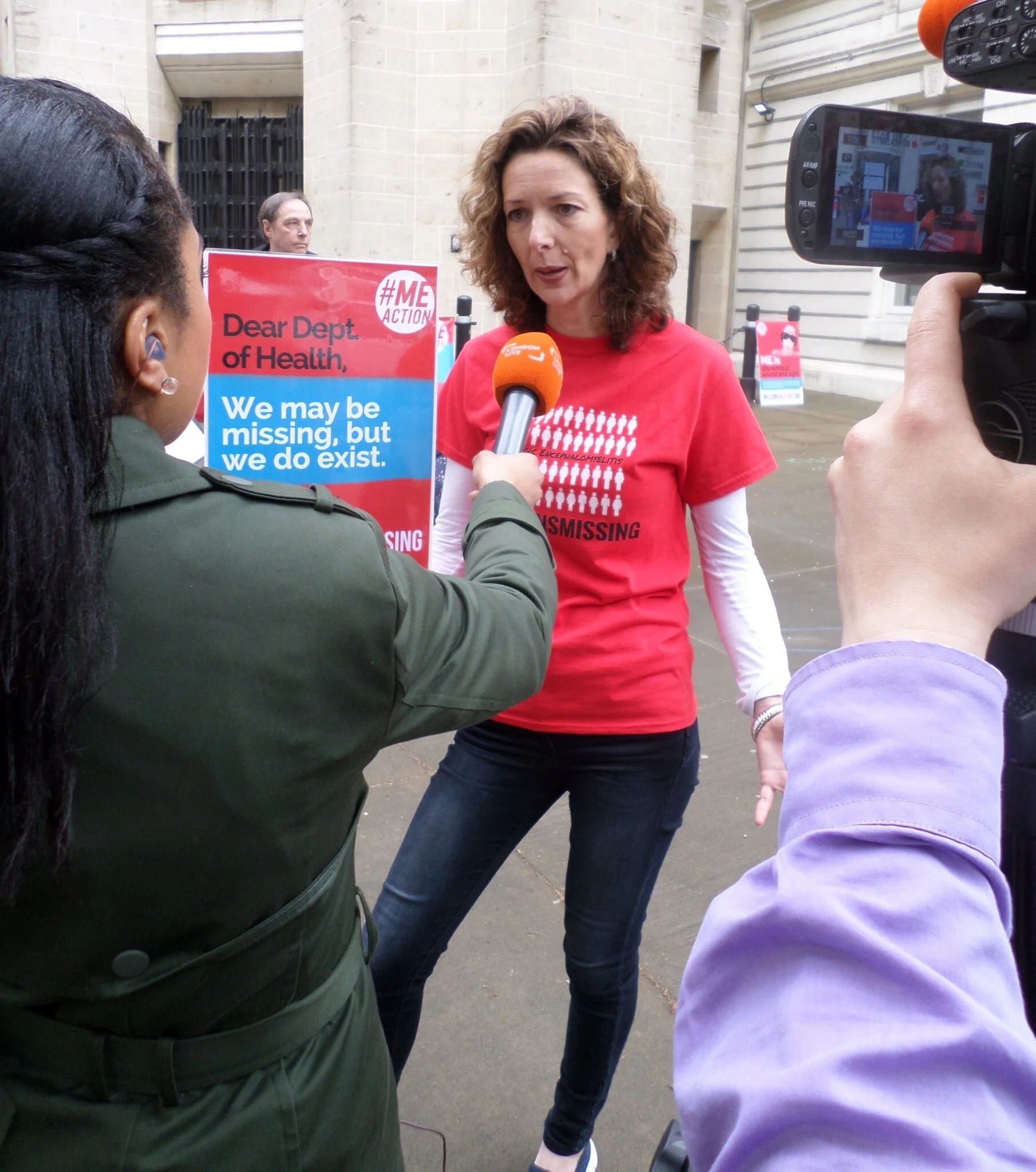The Dying Well APPG with Matt Hancock MP
This week the Dying Well APPG met with contributions from Matt Hancock, Tanni grey-Thompson, chaired by Danny Kruger MP.
You can follow the full meeting here in the YouTube link below.
Link to recording of the meeting. YouTube
Whilst SajeImpact is best known in the field of sport and physical activity it has never been the sole purpose of the team of Andy & Sarah. The purpose has always been about having a wider positive Impact on wider society.
Given the wide experience Andy gained in Parliament it is important to deal with a wide range of issues to create a just and healthy society.
The All Party Parliamentary Group for Dying Well promotes access to excellent care at end of life and stands against the legalisation of doctor assisted suicide in the UK.
In recent years there have been huge strides in palliative medicine. It is now possible to effectively manage pain as people die. We believe the future is one of high-quality, universally available palliative care for all – not the requirement to decide whether or not to take lethal drugs to end your life early.
As we get nearer the end of #lockdown restrictions across the sectors where SajeImpact work Director Andy Reed has set out plans for the next phase of business.
Andy said
“It has been my plan to step back from the business in 2020-21 but Covid meant I have stayed around a little longer than planned. I have been keen to help the team we have built during these exceptional times and we have manged like a lot of businesses to ‘scrape through’. I won’t pretend it has been easy and if i had not been at this stage of my life - and that of the Business I am not sure we would have been able to carry on.
However, as the number of enquiries and diversified work continues to grow I am confident the Team will step up and be looking after our clients well into this next decade! I will still have a role to play, but increasingly in the background as I help develop the people and organisations I work with.
Findings from a survey conducted by the National Lottery Community Fund show that seven in 10 people in the UK (69%) feel like they are part of their local community, with over a third (35%) saying that the pandemic has made them feel even more so.
Most importantly three in 10 people (30%) report that they plan to become more involved in their local community this year because of Covid-19.
2020 also appears to have opened people’s eyes to the great work being done by many within their communities with a majority (65%) saying that local community groups and projects, volunteers and charities deserve more recognition. And when thinking of what they most want for their local community in 2021, just over a third (34%) want to see support for community projects and charities.
The National Lottery Community Fund is the largest funder of community activity in the UK. Its survey of over 7,000 UK adults across the UK asked how people are feeling about their community and their ambitions for their local area in the year ahead.
As we finally get into the home straight of 2020 we know it has been a tough year for so many - including a number of our clients. We have seen too many good people leave the organisations we work with.
We are changing too. A longer blog will probably follow but I was always going to slow down in 2020 as I hit 55, but the pathway has been slightly altered by another global crisis.
I won’t use the word retired but I am entering a new season and working differently as you can see.
Looking forward to catching up and renewing friendships in a post pandemic environment
Director Andy Reed ended his term as Chair of SAPCA today and welcomed the appointment of Jason Douglass
“We’re delighted to announce that Jason Douglass, Group Director of S&C Slatter, has been appointed the new chair of SAPCA for a two-year term. Jason, who was elected to the role at today’s Annual General Meeting (15 December), will replace the outgoing Andy Reed OBE. During the AGM we also re-elected Garry Martin from Replay Maintenance Ltd and elected Alex Talton from Halliday Lighting as vice chairs.
Charities are in crisis. Beyond the immediate funding shortfall, the economic and social changes brought about by Covid-19 will create a raft of new challenges that charity leaders will have to grapple with, from big questions around governance and longer-term funding models, to how to equip themselves to continue delivering services. But the crisis also gives us great opportunities. We don’t want or need to go back to all the ways we did things in the past. How radical we are will depend upon our appetite for bold change.
‘Levelling-up’ is one of this Government’s flagship ambitions. This report, Achieving Levelling-Up, focuses on the structures and processes needed to achieve it, finding that there is zero chance of achieving it without significant changes to the current system at a national and local level.
The report, conducted as part of the LIPSIT (Local Institutions, Productivity, Sustainability and Inclusivity Trade-offs) project by Demos and the Universities of Birmingham, Cardiff, Surrey and Warwick, identifies a number of problems with the current system for managing local economic policy, and suggests a new framework in which levelling-up should be possible.
After 13 years of recommending graded exercise therapy (GET) to people with Myalgic Encephalomyelitis (ME), a new draft guideline on ME/CFS from the National Institute for Health and Care Excellence (NICE) advises against “any programme based on fixed incremental increases in physical activity or exercise, for example graded exercise therapy”.
#MEAction UK spokesperson, Sian Leary, who has ME herself, said: “A national institution recognising there is no treatment or cure for ME represents a paradigm shift in the UK. This guideline is an improvement, but also highlights just how far we have to go. Removing graded exercise therapy from the guideline should end the institutional harm of people with ME, and work to ensure those at risk of developing ME after having Covid-19 are not made worse. Now, health professionals must do the crucial work of providing appropriate care for people with ME, and research funders must set about expediting research into this devastating disease.”
An ambitious £32 million bid to transform Loughborough has been submitted to Government.
The Loughborough Town Deal is an exciting, once-in-a-generation opportunity to bring significant social and economic improvements for residents, communities and local businesses.
A Town Investment Plan outlining a range of projects has been drawn up that will seek to improve skills and boost job prospects, redefine the town centre to ensure it remains well-used and vibrant, improve the local environment and showcase the town’s heritage.











